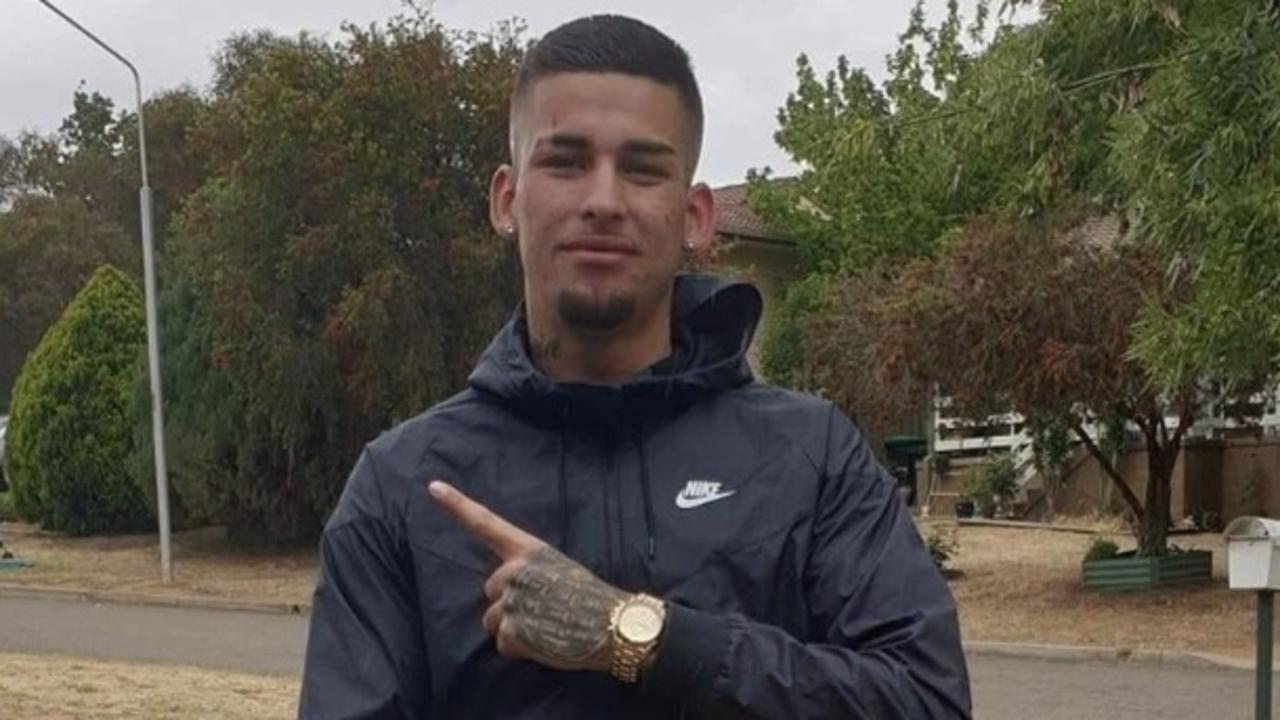Dubbo pound: Dog euthanasia numbers worst in NSW
Shock figures reveal more dogs were euthanised in Dubbo than any other area in NSW in 2018/2019 — but find out why the COVID-19 pandemic has helped change that.
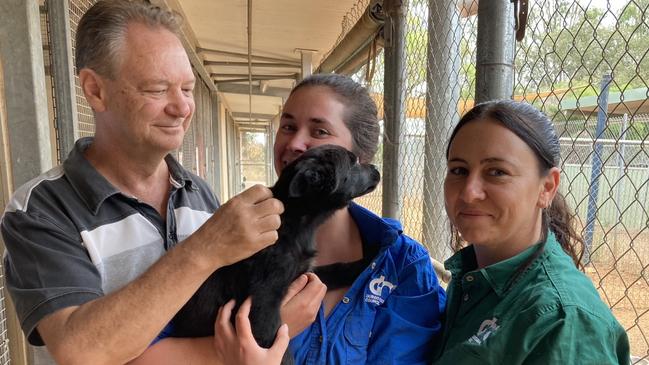
Dubbo News
Don't miss out on the headlines from Dubbo News. Followed categories will be added to My News.
Shock new figures reveal more dogs were euthanised in Dubbo than any other area in NSW in 2018/2019.
The Dubbo region tops NSW when it comes to the number of dogs being euthanised, however council staff say a big drop in cases has been recorded during the COVID-19 pandemic.
In 2018-19, 543 of the 1613 dogs placed in Dubbo Regional Council’s care were euthanised. Moree Plains Shire Council had the second highest number of dogs euthanised with 307 dogs humanely put down.
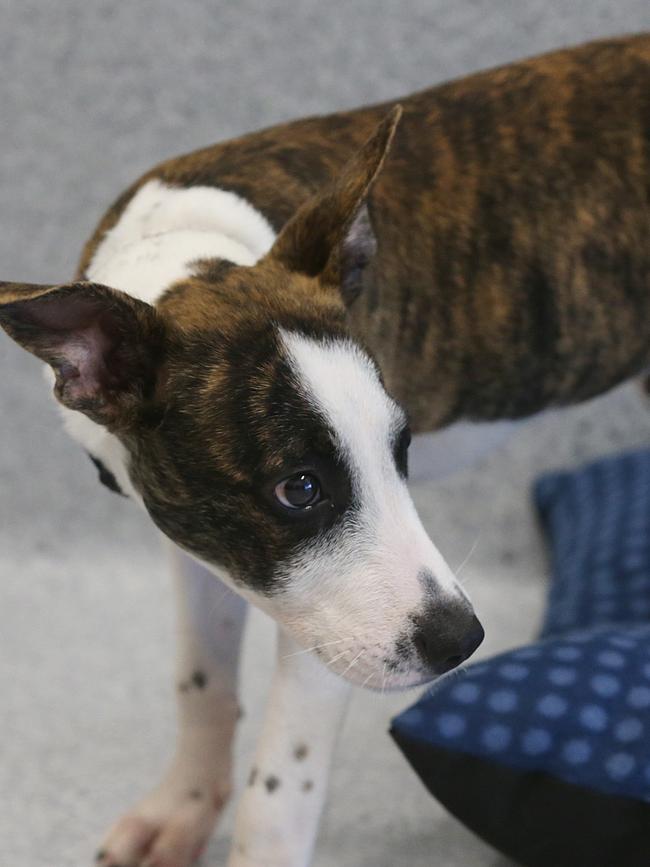
According to the most recent Office of Local Government data, 87 of the Dubbo dogs were ill or injured, 64 were feral or infant, 16 died at the owner’s request, 113 were euthanised because they couldn’t be rehomed, one dog was declared dangerous and 262 were deemed unsuitable for rehoming.
When it came to cats, 1105 entered council’s care and 805 were euthanised — the second highest number in NSW behind Blacktown Council in Sydney’s west, which reported 965 deaths.
In Dubbo, 639 cats were euthanised because they were feral or infant, one was euthanised at the owner’s request, 69 were unable to be rehomed, 66 were declared unsuitable for rehoming and 30 were put down because of illness or injury.
Council’s development director Stephen Wallace said during the pandemic a “large reduction in animals needing to be euthanised” was observed.
“From April to August 2019, there were 571 animals which needed to be euthanised, however for the same period this year there have been 366,” he said.
“While the number is still quite high, we’ve been able to work with pet rescue groups to rehome suitable animals across Australia.”
Mr Wallace said the number of dogs surrendered to the Dubbo City Animal Shelter had dropped to 97 between April and August this year, compared with 131 in the same period last year.
“While there was a decrease in dogs surrendered, there was an increase in cats from 38 last year to 80 this year.
“Council ceased adoption services due to the pandemic … animals that have been surrendered and not collected by their owners have been rehomed to rescue groups.”
Adoption services have since resumed on an appointment-only basis and could be back to normal next year.
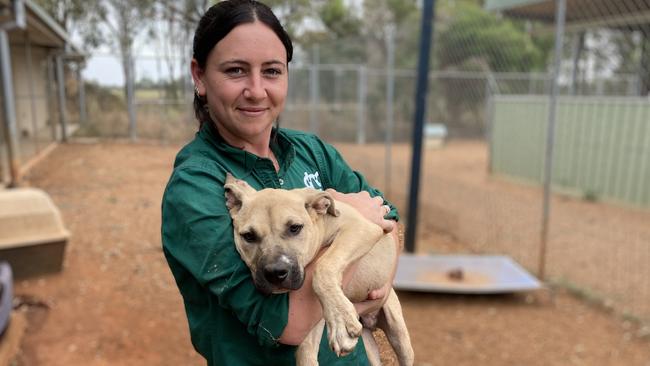
Council staff believe people underestimating the cost and amount of work involved in caring for animals are some of the main reasons behind the high number entering council’s care and dying.
Michael Jarman, council’s environmental compliance director, said animals not being suitable for children or properly understood before they were purchased were other reasons pet owners ran into trouble.
“They quite innocently buy a dog or adopt a dog but when they go to work they don’t realise that breed can jump quite high and then the neighbours start complaining about it or it runs and chases the postman and then council get involved and they say ‘oh this all too hard and we’ll give it up’,” he said.
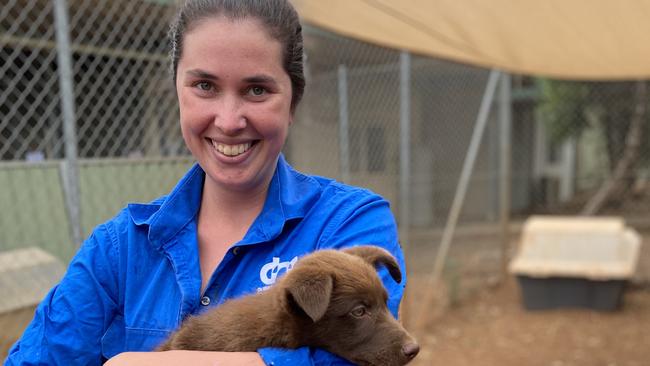
Dubbo City Animal Shelter co-ordinator Kirra Larkin said council had worked to get euthanasia rates down by partnering with more rescue organisations.
“RSPCA help us with cats and kittens for the most part and then we’ve got another rescue organisation called Pets Haven and they are the ones that do our dogs,” she said.
“The only dogs that we euthanise now are the ones that have parvo or are sick or have some kind of severe medical problem or dogs that are dangerous and usually the ones that are declared dangerous, they’re not just aggressive.”
Animals more likely to be adopted stayed in Dubbo and less popular ones, such as mastiff crosses, were often sent to rescue organisations who could keep them for longer, Ms Larkin said.
While euthanasia numbers are heading in the right direction, Mr Jarman said council staff have seen an increasing number of animals roaming the streets.
“We’ve also come across, or been notified of, a lot of hoarders who have 30 or 40 cats,” he said.




